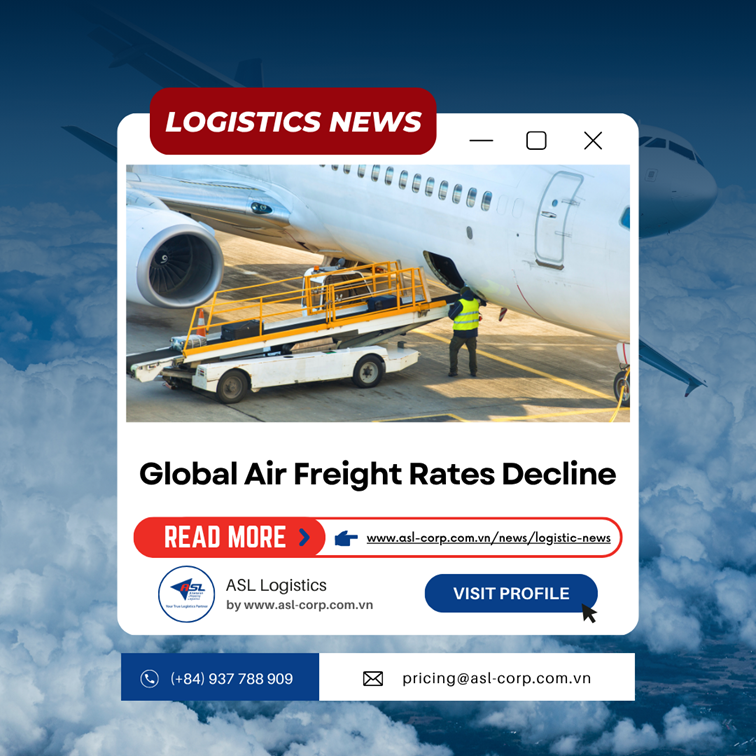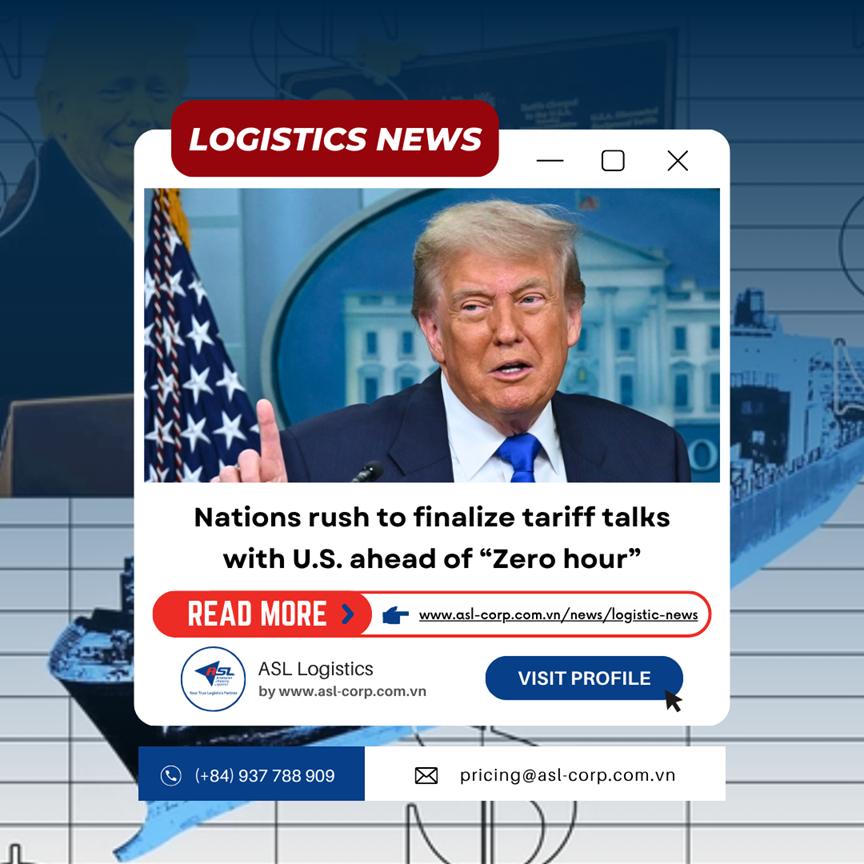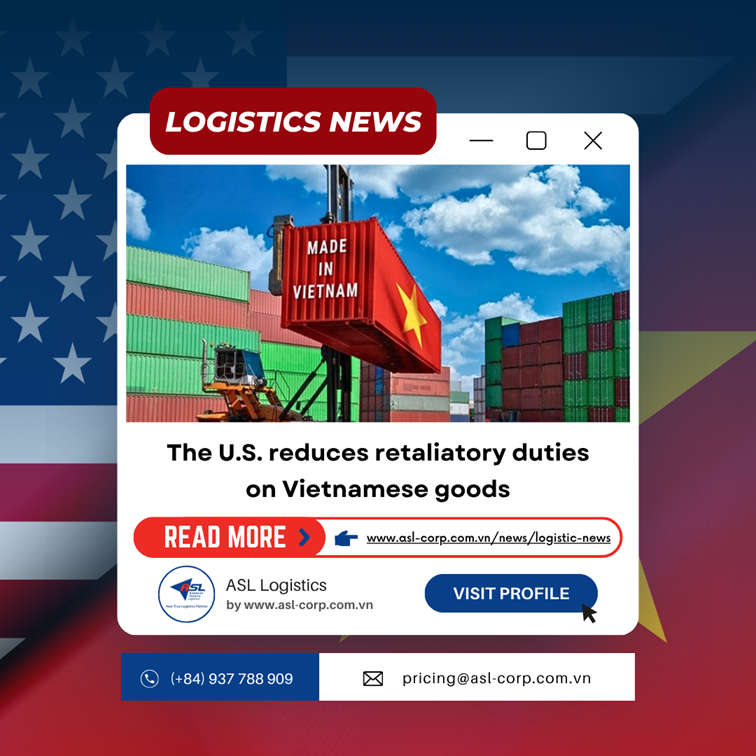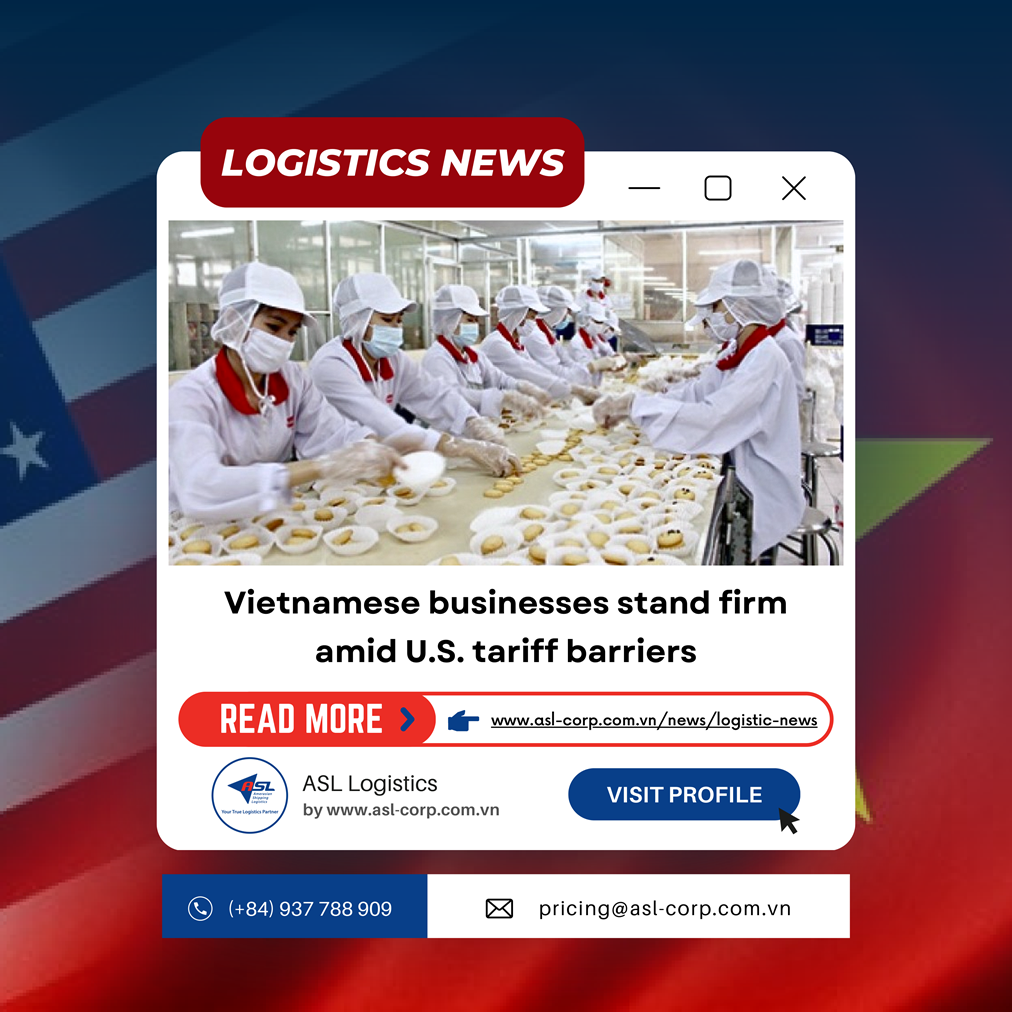Logistic News
THE FIRST SHIPMENTS FROM CHINA SUBJECT TO THE 145% TARIFF HAVE ARRIVED AT U.S PORTS
13 May 2025
According to CNBC, the first cargo ships carrying goods from China subject to the Trump administration’s new 145% additional tariffs have begun arriving at U.S. ports...
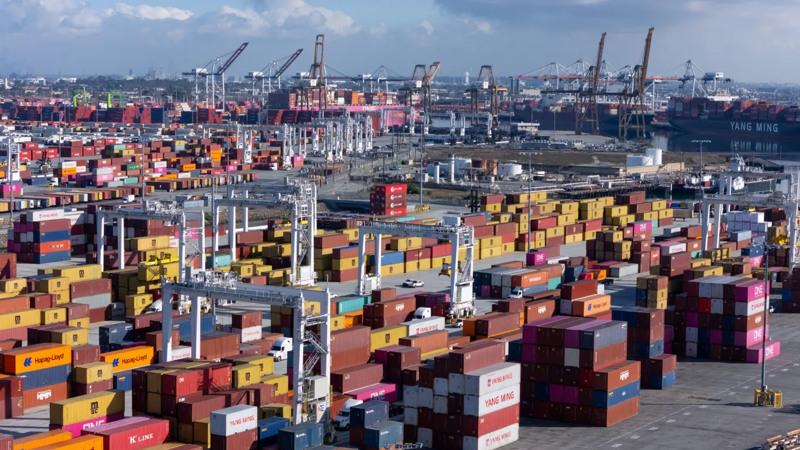
Illustrative image
Seven cargo ships carrying approximately 12,000 containers departed from China after the 145% tariff came into effect and have arrived at the ports of Los Angeles and Long Beach in California. An additional five similar vessels are expected to dock in the coming days.
Amazon, Home Depot, Ikea, Ralph Lauren, and Tractor Supply are among the companies with goods aboard these vessels. Amazon, on behalf of its marketplace sellers, imports household items, clothing, furniture, and various other products—including refrigerators, deep fryers, mouse pads, and bookshelves—from China. Tractor Supply's cargo includes portable floor fans, gardening tools, and men's work boots. Home Depot imports lighting fixtures and ceiling fans.
On April 2, President Trump announced a reciprocal tariff policy with a base rate of 10% for most trade partners and between 11–50% for approximately 60 partners. The U.S. has currently suspended high reciprocal tariffs for 90 days to facilitate negotiations, with China being the exception, facing an additional 145% tariff.
During an earnings call on April 24, a spokesperson for Tractor Supply stated that the company is facing "significant uncertainty" due to the tariffs. "Tractor Supply is actively working with suppliers and its supply chain to navigate the impacts of the new tariffs while monitoring the effects of macroeconomic factors on its customers," the spokesperson said.
Tractor Supply is actively working with suppliers and its supply chain to navigate the impact of the new tariffs, while also monitoring the effects of macroeconomic factors on its customers,” the spokesperson said.
Many U.S. businesses continue to import essential items from China despite concerns over consumer demand and economic downturn.
In an email statement, Amazon mentioned that it is working with various sellers to help them adapt to the changing business environment while maintaining a wide selection and low prices for customers. Home Depot also stated that it is monitoring the situation and will closely collaborate with suppliers to deliver the best value to customers.
On Friday, prior to important U.S.-China negotiations in Switzerland, President Trump signaled his willingness to reduce tariffs on Chinese goods by 80%. However, for many businesses, this rate remains significantly high.Reuters
"An 80% tariff on China seems reasonable. It depends on Scott Bessent," Trump wrote in a post on Truth Social, referring to a meeting between U.S. Treasury Secretary Scott Bessent and U.S. officials with Chinese counterparts in Switzerland over the past weekend.
Speaking to CNBC, Brian Bourke, Global Trade Director at SEKO Logistics, stated that his clients are still struggling to understand the complexities of the overlapping tariffs. In some cases, the tariffs even exclude each other.
"This confusion leads them to continuously change and update their plans, while freezing business decisions," Bourke said. "Many of our clients had priced and sold their products or projects before the tariffs were announced. With the new tariffs and the speed of the increases, they cannot adjust the prices of already sold items and must wait until May-June or later."
Since President Trump's announcement of the reciprocal tariff policy on April 2, the number of cargo ships and containers from China arriving in the U.S. has significantly decreased.
According to data service company Sea-Intelligence, across the Asia-North America West Coast and Asia-North America East Coast shipping routes, a total of 90 sailings were canceled in April and May. Nearly half of these were vessels from Ocean Alliance—comprising China's COSCO and OOCL, Taiwan's Evergreen, and France's CMA.
According to several shipping companies, their shipping orders from China have also decreased by 30–50%.
The Global Port Tracker report by the National Retail Federation (NRF) and Hackett Associates, released last weekend, forecasts a significant decline in imported goods at major U.S. ports compared to the previous year due to the tariffs.
In addition to the reduced number of vessels due to decreased orders, shipping companies are currently using smaller ships to transport goods. MSC, the world's largest shipping company, and the Gemini Alliance (comprising Maersk and Hapag Lloyd) are using smaller vessels for the Asia-North America West Coast route.
Data from Sea-Intelligence shows that MSC has reduced its container shipping capacity by 28% compared to the same period last year. The reduction for Gemini Alliance is 26%.
Source: VnEconomy

Head Office
ASL Hồ Chí Minh
Số 31/34A Ung Văn Khiêm, Phường Thạnh Mỹ Tây, TP. Hồ Chí Minh, Việt Nam
 Công Ty Cổ Phần Giao Nhận Vận Tải Mỹ Á
Công Ty Cổ Phần Giao Nhận Vận Tải Mỹ Á
 (+84)28 3512 9759
(+84)28 3512 9759
 (+84)28 3512 9758
(+84)28 3512 9758
 pricing@asl-corp.com.vn
pricing@asl-corp.com.vn
 mdirector@asl-corp.com.vn
mdirector@asl-corp.com.vn
 www.asl-corp.com.vn
www.asl-corp.com.vn
LOGISTICS SERVICES









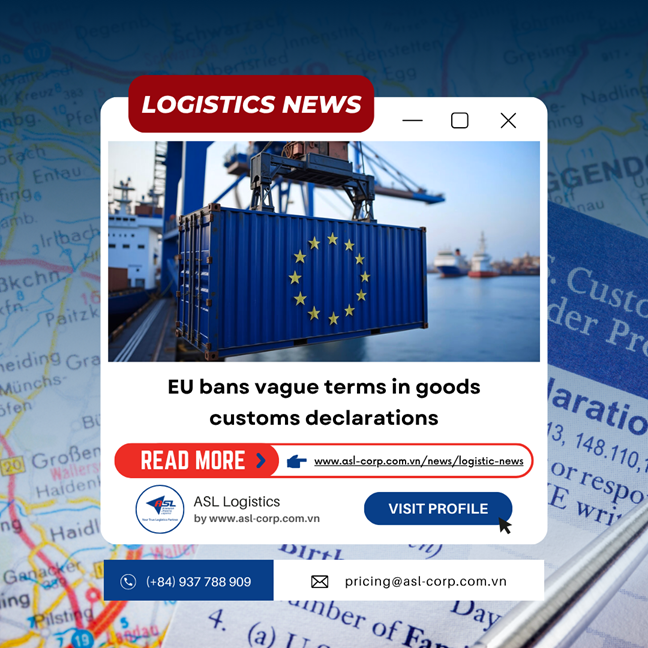
.png)
.png)

.png)

